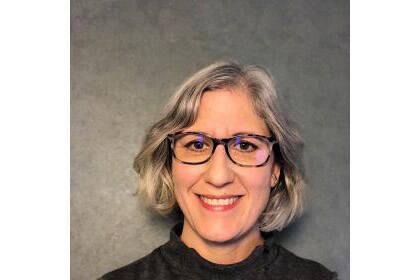Last month, I traveled to Anchorage for a Maternal Child Health Conference.
This conference brought together maternal health experts and advocates to discuss the heart-wrenching maternal health crisis in our country and what we’re doing to promote better outcomes.
The United States has the highest maternal mortality rate among high-income countries. In 2021, 1,205 women died of maternal causes in the United States. In 2020, 861 women died of maternal causes in the U.S. This is a 40% increase in deaths from maternal causes in just one year, and some of our neighbors are being hit harder than others.
There are significant racial and ethnic disparities in pregnancy-related complications and deaths. American Indian and Alaska Native women are two times more likely to die of pregnancy-related causes than White women. To say this is unacceptable is an understatement.
The Department of Health and Human Services (HHS), the federal agency tasked with promoting the care and well-being of Americans, is commitment to tackling and eliminating some of our country’s most troubling disparities in health outcomes.
At HHS and across the Biden-Harris Administration, we are taking unprecedented action to close disparities and strengthen maternal health by expanding coverage, implementing new policies, and providing funding to ensure safer pregnancies and strengthen postpartum services for new parents and their babies.
In 2022, the White House rolled out a first-of-its-kind Blueprint for Addressing the Maternal Health Crisis — a promise to moms and families across the country to do better.
Women with doula care have a 22% lower risk of preterm birth. Evidence like this has driven historic HHS funding to make community-based doulas more accessible.
HHS is also strengthening our public health infrastructure through Center for Disease Control (CDC) support for state Maternal Mortality Review Committees. These Committees aim to help us better understand the drivers of maternal mortality and will develop recommendations to prevent future deaths.
Our work will not be finished in one year, two years, or in the lifetime of this Administration. Through the programs mentioned above, the Biden-Harris Administration had laid the foundation for HHS to remain steadfast in the fight to improve maternal health outcomes and close equity gaps. I look forward to watching that happen in Region 10.
Priya Helweg is the U.S. Department of Health and Human Services Region 10 acting regional director.


